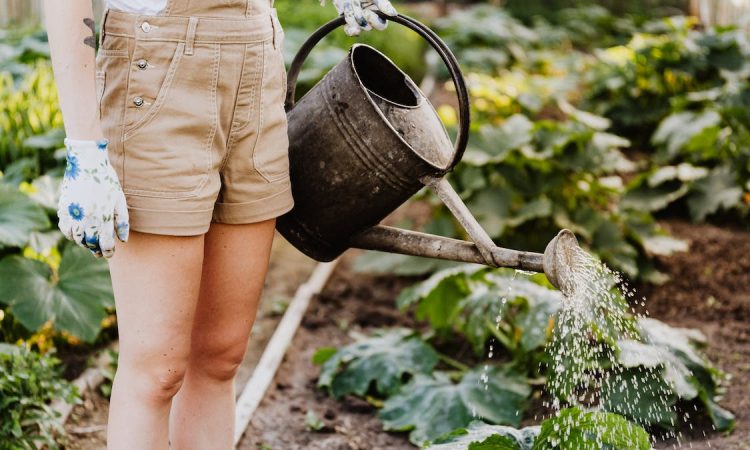
Amidst the chaos of our fast-paced world, finding solace in the serenity of nature is often the respite we yearn for. Gardening, a timeless hobby, emerges as a surprising yet profound conduit for mental wellness. It’s not just about the beauty of a well-manicured lawn or the satisfaction of homegrown vegetables; there’s a therapeutic dimension to this earthy endeavor that transcends aesthetic pleasure.
In this blog post, we delve into the flourishing benefits of gardening and how it nurtures not only our land but also our minds.
Cultivating Mindfulness And Reducing Stress
Gardening beckons us to the present moment. The focus required to plant a seed or prune a shrub is a form of mindfulness, which has been shown to lower stress levels significantly. As we become attuned to the life cycle of plants, our own breath synchronizes with the natural world, fostering a state of calm.
Moreover, there are numerous health benefits to having fresh flowers – this is not just aesthetic. The vibrant colors and soothing scents act as a natural mood enhancer, brightening the home environment and, by extension, our mental outlook. Fresh flowers have been associated with the reduction of anxiety and agitation, serving as gentle reminders of the beauty and transience of life.
Boosting Self-Esteem Through Achievement
A garden is a canvas for personal achievement. Each sprout that pushes through the soil is a testament to the gardener’s effort and care. Completing gardening tasks and witnessing the fruits of one’s labor can significantly boost self-esteem.
This sense of accomplishment is fundamental to mental health, providing a tangible metric for personal progress and self-worth. Gardening challenges us to take responsibility for the living things we nurture, and in doing so, we often unknowingly nurture ourselves.
Encouraging Physical Activity And Sunlight Exposure
Gardening is a physical endeavor that encourages us to move our bodies, often without the daunting pressures of structured exercise. The acts of bending, planting, and weeding are gentle forms of exercise that can enhance flexibility and strength.
Additionally, spending time outdoors contributes to our vitamin D intake from sunlight, a crucial element for mood regulation and overall health. This natural boost can lead to improvements in our sleep patterns, immune system function, and, by extension, our mental health.
Fostering Social Bonds And Community Connection
Community gardens and gardening clubs are fertile ground for sowing social connections. Sharing tips, seeds, and stories over garden beds can combat feelings of loneliness and isolation, which are significant risk factors for mental health issues such as depression. The collective effort in tending to a shared space can create a sense of belonging and mutual support, reinforcing our need for social interaction and collaboration.
Providing A Sense Of Control And Creativity
In a world that often feels unpredictable, a garden is a domain over which we can exert some measure of control. Planning a garden layout, choosing plants, and problem-solving issues like pests or diseases are all creative and cognitive exercises that can empower individuals. Exercising creativity has been linked to increases in positive emotions and reductions in depressive symptoms, making gardening an enjoyable and effective way to enhance mental health.
Conclusion
The simple act of gardening is, in truth, a complex interplay of sensory, physical, and psychological factors that contribute to our mental health. It provides a unique combination of mindfulness, physical activity, social interaction, creativity, and a sense of accomplishment.
Whether it’s the stress relief from being present in the moment, the joy of witnessing growth and beauty, or the subtle yet profound health benefits of having fresh flowers in our lives, the garden is a therapeutic landscape. As we care for our gardens, we realize they, in turn, care for us, fostering growth not just in the ground but within the very fabric of our well-being.




